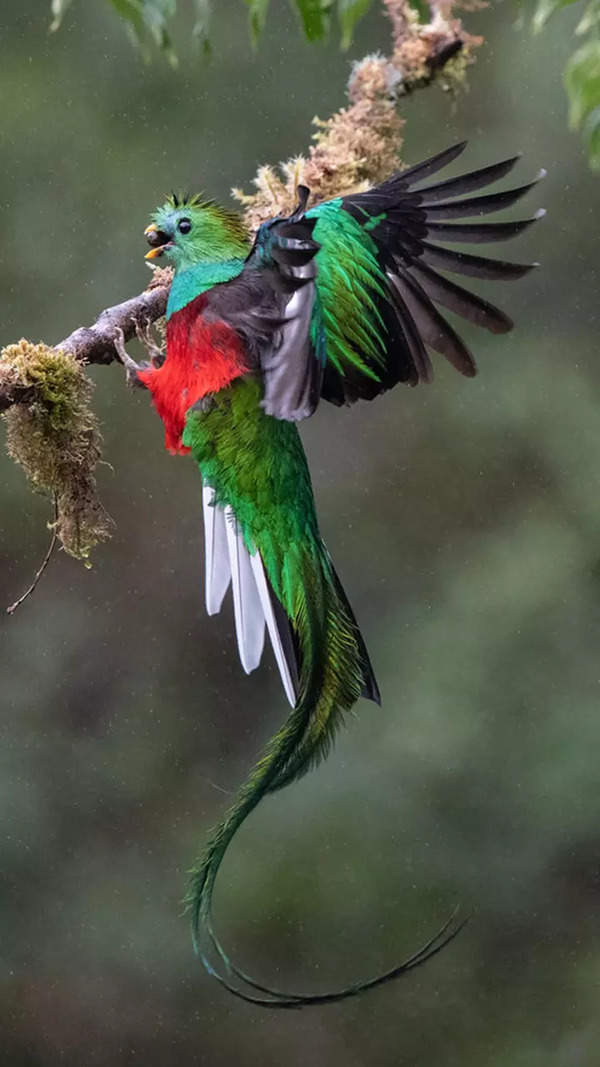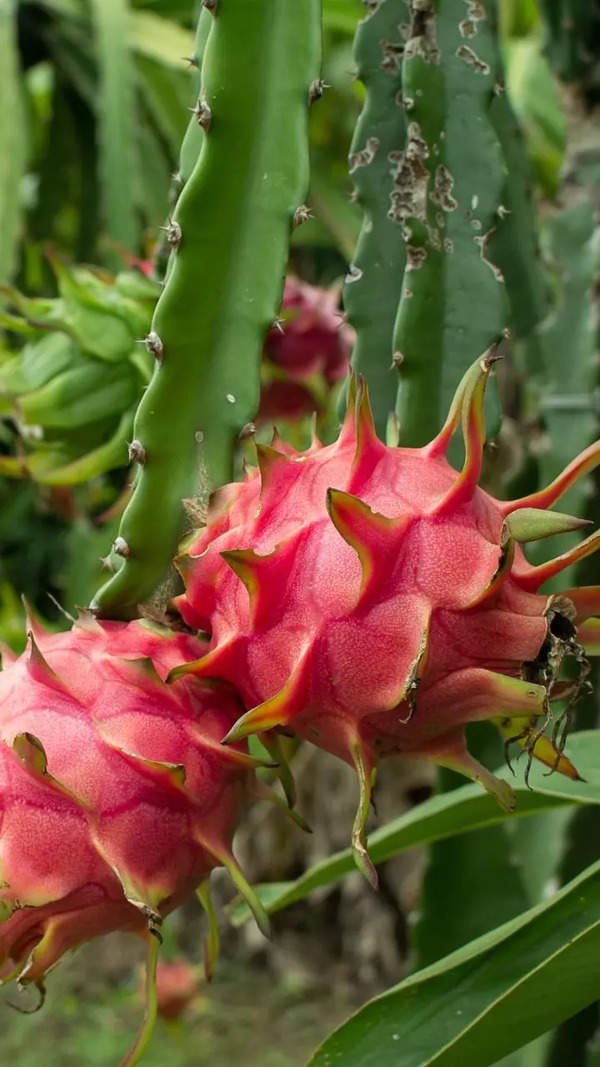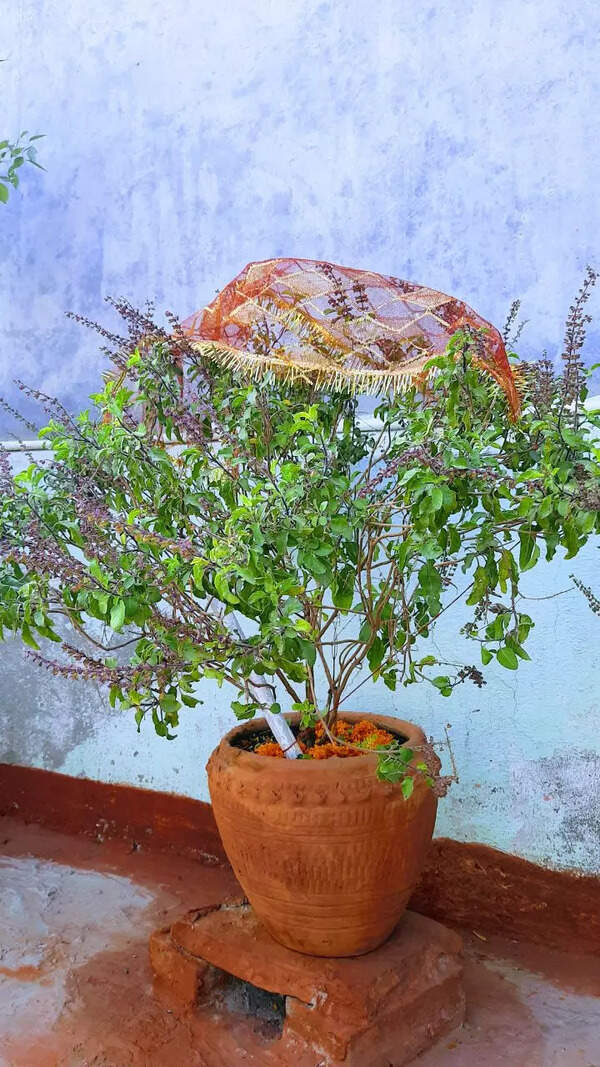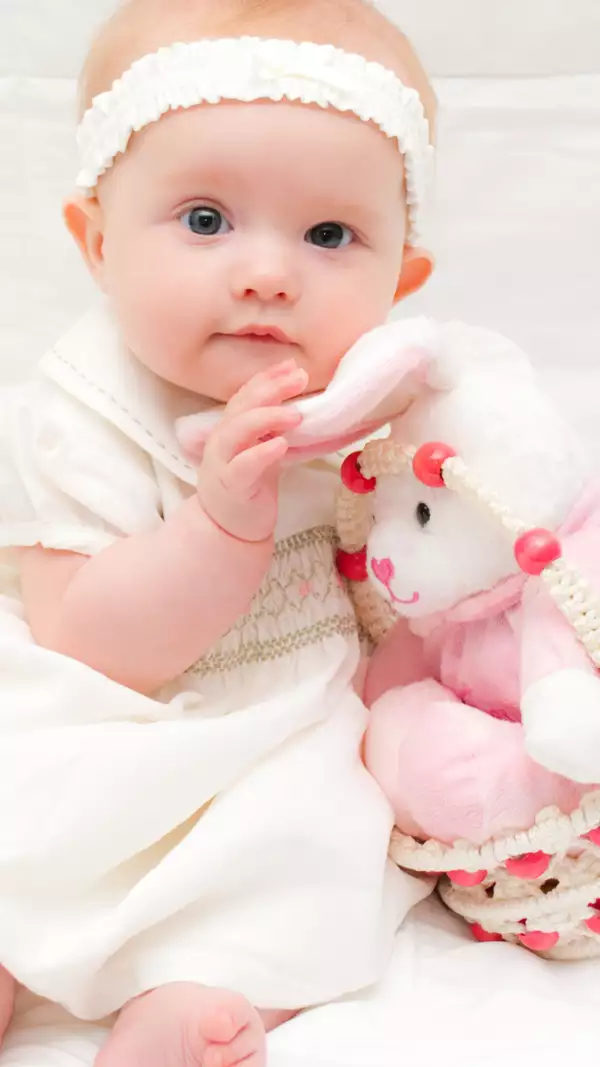Trending
Donald Trump pushes UK to buy chlorinated chicken: What are its health risks?
President Donald Trump reportedly suggested that the UK should import chlorine-washed chicken from the US to avoid higher tariffs. This proposal faces strong resistance from UK food campaigners due to health concerns and potential undermining of high food safety standards in the nation.
The US President Donald Trump has reportedly told the UK to buy chlorine-washed chicken from America to dodge higher tariffs. While the UK food regulations don't allow import of chlorinated chicken it has to be seen if Trump's move to use it as a bargaining chip works. The primary reason the British restrict the sale of chlorine-washed chicken is food safety. Many food experts feel the controversial method to wash farmed animals pose health risks. They argue that washing chicken carcasses with the chemical could undermine poor hygiene during the production process.
While the UK may be pushed into accepting chlorinated chicken as part of a trade deal with the US, campaigners may argue heavily against allowing it to enter the food chain.
Liz Webster, founder of Save British Farming, told The Independent: “The British public is rightly appalled by chlorinated chicken and hormone-fed beef. We are an animal-loving nation that values high standards, and we must not trade them away.”
What is chlorinated chicken?

Is it safe to eat chlorinated chicken?
A 2018 study by the University of Southampton researchers found chlorine can make foodborne pathogens undetectable, which can be a concern. A US non-profit organisation Consumer Reports found that 97 per cent of the chicken breasts they tested had salmonella, E.coli and campylobacter. Around half of them also had a type of antibiotic-resistant bacteria, which can be highly problematic.
End of Article
FOLLOW US ON SOCIAL MEDIA
Visual Stories
Tired of too many ads?go ad free now









